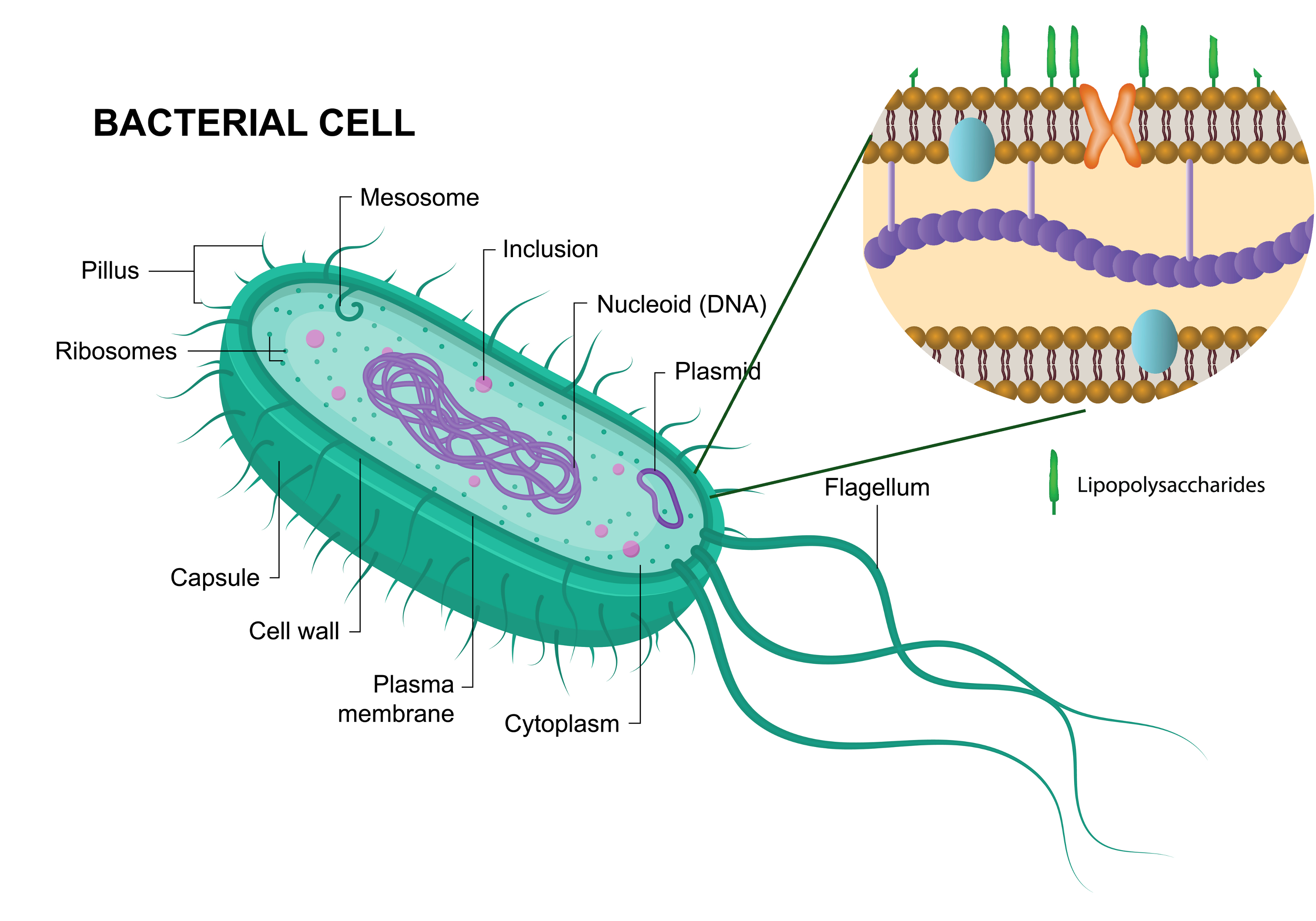Killer Fungi and Climate Change: When Science fiction Becomes Reality

The Emerging Threat of Aspergillus in a Warming World
Climate change is not only reshaping our environment — it’s also accelerating the spread of infectious diseases, including dangerous fungal pathogens. Among them, species of the Aspergillus genus are gaining ground globally, threatening human health, crop security, and healthcare systems.
A new study published in April 2025 reveals how climate change is driving the geographical shift of Aspergillus species, with serious implications for preclinical research, public health, and food safety.
Inspired by the apocalyptic premise of The Last of Us, this scenario is no longer fiction — it’s becoming biological reality.
Climate Change and Fungal Infections: A Dangerous Duo
What is Aspergillus?
Aspergillus is a genus of filamentous fungi commonly found in soil, compost, and air. While most people breathe in Aspergillus spores daily without consequence, these fungi can cause severe respiratory diseases in immunocompromised individuals — notably:
• Invasive Aspergillosis (IA)
• Chronic Pulmonary Aspergillosis (CPA)
• Allergic Bronchopulmonary Aspergillosis (ABPA)
According to the World Health Organization, A. fumigatus is now listed on the Fungal Priority Pathogens List (FPPL) due to rising resistance and global impact.
Climate-Driven Habitat Expansion: What the Data Shows
A team of researchers from the University of Manchester and UK Centre for Ecology & Hydrology used global fungal sequencing data and MaxEnt ecological modeling to track and predict the distribution of three key Aspergillus species:
• A. fumigatus (dominant in cooler temperate regions)
• A. flavus (prevalent in warm tropical zones)
• A. niger (widespread in variable climates)
Key findings:
• Warming climates are pushing all three species northward, especially under high-emissions scenarios (SSP585).
• By 2100, Aspergillus habitats could significantly expand into Europe, North America, and East Asia.
• Prevalence in humans correlates with environmental suitability, indicating increased infection risk in newly suitable zones.
Impact on Preclinical Research and Antifungal Resistance
Why should the pharmaceutical and biotech sectors care?
• Environmental resistance: Agricultural use of azole fungicides is selecting for Aspergillus strains resistant to medical treatments.
• One Health challenge: The link between human, plant, and environmental health is central to future drug development.
• Preclinical models need to evolve: Traditional in vitro and in vivo models may need to adapt to simulate real life situations to be even more translational.
🔍 Vibiosphen offers advanced preclinical services tailored for infectious disease modeling — including fungal pathogen studies.
Food Security at Risk: Aspergillus in Agriculture
Aspergillus flavus and A. niger are not just human pathogens. They are also major plant pathogens causing:
• Pre- and post-harvest crop spoilage
• Aflatoxin contamination (a potent carcinogen)
Projected losses:
• Habitat overlap with maize and rice fields may shrink drastically in the tropics and increase in northern growing regions.
• Estimated losses for the U.S. corn industry due to aflatoxins: $52 million to $1.68 billion annually under warming trends.
Vibiosphen’s Perspective: From Early Detection to Clinical Relevance
As a CRO specialized in infectious diseases, Vibiosphen emphasizes the importance of:
• Early-phase antifungal drug screening
• In vivo efficacy models for emerging fungal threats
• Environmental and clinical isolate validation
From Sci-Fi to Scientific Reality
The idea of a killer fungus spreading across the world once seemed like pure dystopian fiction. But as the global distribution of Aspergillus evolves, so does the urgency for action.
📍 Whether in hospitals, fields, or research labs, fungal pathogens are on the move.
Let’s not wait for fiction to become fatal. The tools for monitoring, modeling, and mitigating these risks are already in our hands.
Want to explore how Vibiosphen can support your antifungal development pipeline?
📩 Contact us to discuss our preclinical models and infectious disease expertise.
Catégories
Pagination
- Page précédente
- Page 2
Archives
- juin 2025 (3)
- mai 2025 (1)
- mars 2025 (1)
- mai 2024 (1)
- avril 2024 (2)
- septembre 2023 (1)
- août 2023 (1)
- mai 2023 (1)
- avril 2023 (2)
- février 2023 (1)
- décembre 2022 (1)
- octobre 2022 (1)
- juin 2022 (1)
- mai 2022 (3)
- avril 2022 (1)
- février 2022 (2)
- janvier 2022 (3)
- décembre 2021 (2)
- novembre 2021 (1)



